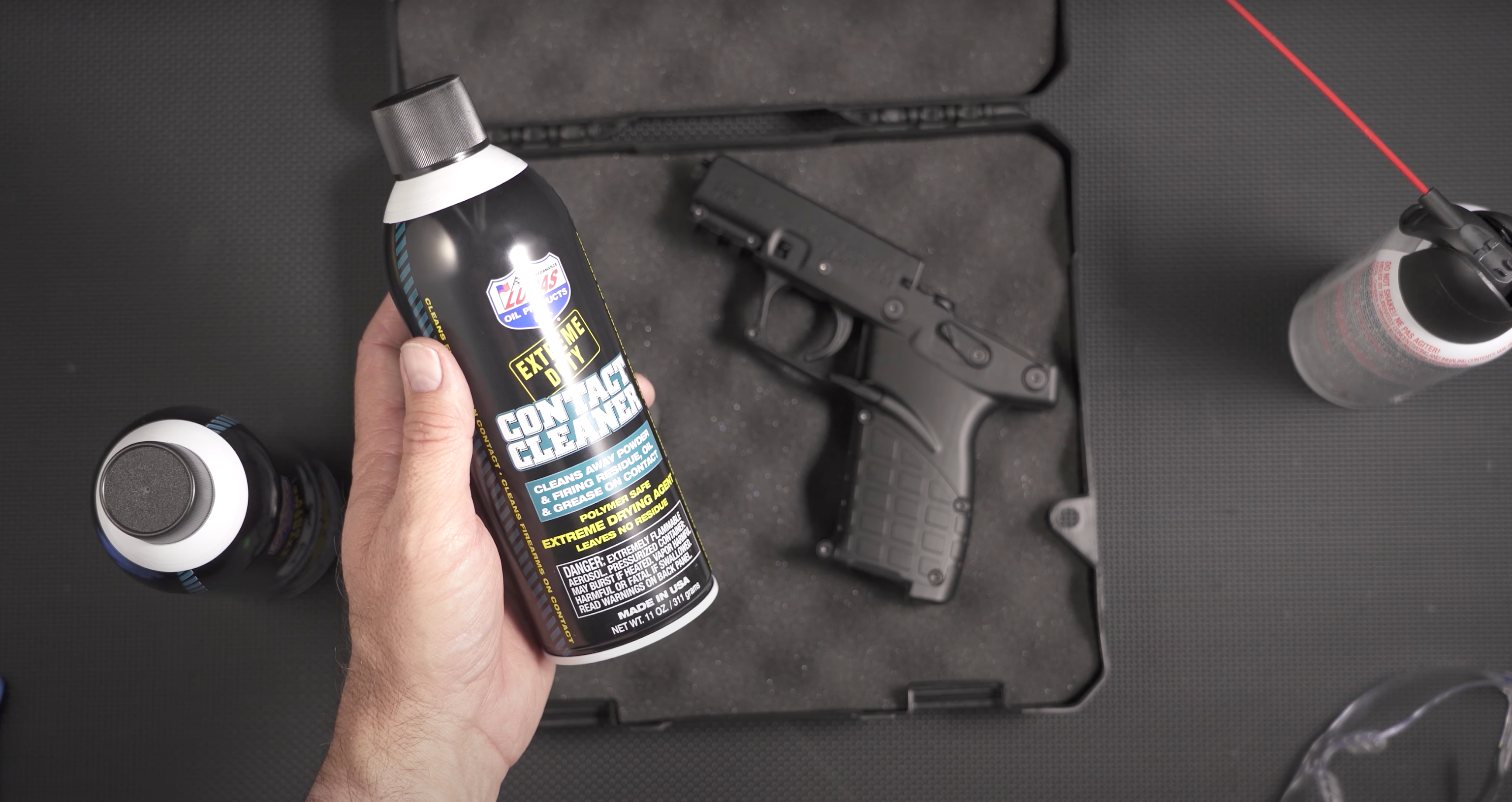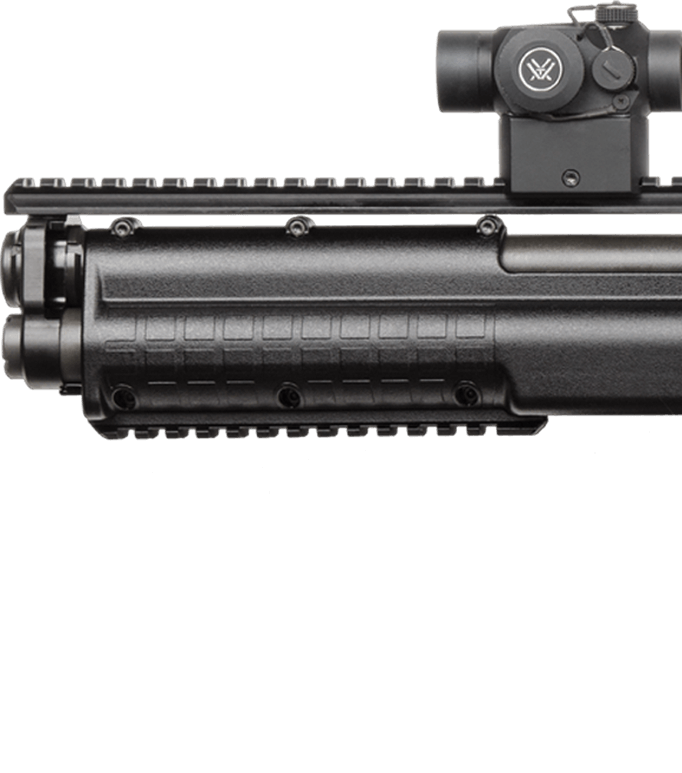There are many reasons cleaning your weapon is an important habit to maintain. Cleaning your firearm includes the practice of assembling, disassembling and checking whether parts need to be replaced. Consistently making sure everything is in proper working order will ensure you don’t run into any unexpected issues.
It’s Always a Good Idea To Clean Your Gun
The main reason to inspect and clean guns after use is to ensure they are functioning correctly. When you disassemble a gun, you get a clear view of the internal components. If it is a weapon you regularly use, replacing worn-out parts can prevent malfunctions. With use over time, pieces such as the extractor spring, barrel, or magazine can experience wear, changing the way your gun discharges. Because every component of a firearm is critical to its functionality, maintenance requires an experienced and observant eye.
Know When It’s Time To Replace Parts
Pistols, rifles, and shotguns can have intricate designs and compositions, containing many parts with specific purposes. The major field strip components, magazine, and any additional accessories should be thoroughly inspected to make sure everything is still in good working condition.
Some examples of what to look for when examining your gun:
- Excessive wear on extractors, ejectors, firing pin and breech face
- Built up carbon on feed ramps, barrel, bolt, or slide surfaces and gas system
- Weak follower springs, worn out followers and damaged base plates
- Worn out recoil springs, extractor springs or magazine catch springs
Different components may need to be replaced more frequently such as springs, to ensure your weapons work the way they are supposed to when you need them most. Generally speaking, .22 calibers become fouled up relatively quickly and should be cleaned after each range session. Guns that are older should be inspected more frequently and cleaned to ensure the gun is safe to operate. Remember to pay special attention to the magazines, because if the source of ammunition fails, everything else is useless. Regularly cleaning your gun and preventing malfunctions is critical for safety.
Become Familiar With Your Firearm
The best reason to consistently clean your gun after range day is to help you become intimately aware of your weapons’ configuration. By disassembling and then reassembling your guns, you will begin to have an intuitive understanding of their anatomy. This practice, over time, will allow you to commit the parts and process to memory. This, along with regular firing practice, best prepares gun owners to protect themselves and eliminate the variables of unanticipated risks. If a malfunction does occur, depth of knowledge and experience can help immediately and effectively address issues. When it comes to gun safety, knowing what to do in a critical moment can be the difference between life and death. Familiarity with all of the firearms you use or plan on using ensures the best chances of success when you operate them.
Best Practices for Responsible Gun Ownership
When it comes to owning a gun, being responsible and keeping good habits is a top priority. First, always follow the protocol for proper arms handling. Be sure that everything is in good condition before operating your firearm. This includes replacing parts as needed and making sure everything is fitted and secure. You also want to make sure to never overfill your magazines… a more common mistake that you might think. Improperly loading your mags will most likely cause malfunctions. A more significant part of responsible gun ownership is eliminating the possibility of preventable harm. Correctly loading your weapon is crucial for firing rounds downrange safely. Lastly, always store your firearms responsibly and appropriately. A gun in the wrong hands is never a good thing.
KelTec Provides Excellent Quality Weapons
Thank you for considering these basic safety and maintenance recommendations. Until next time, stay safe, shoot straight and be a good example of a responsible gun owner.
Get in touch with us through our website or call us at (321) 631-0068.





